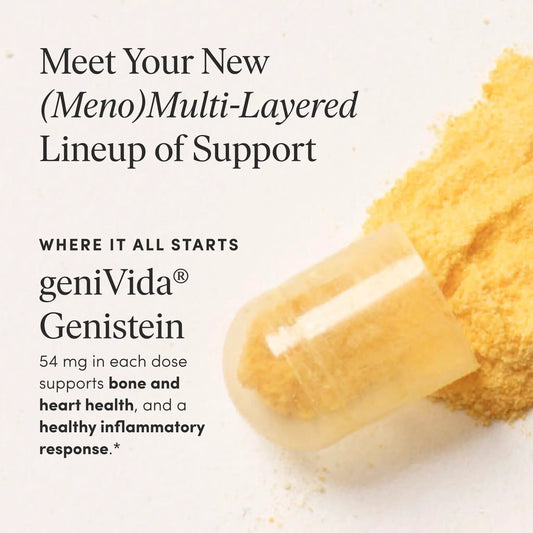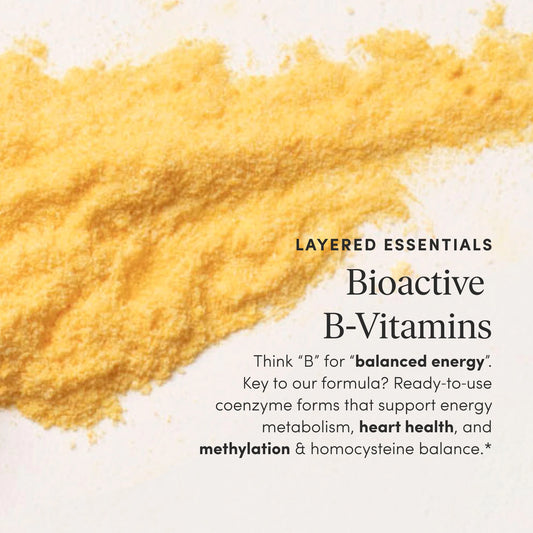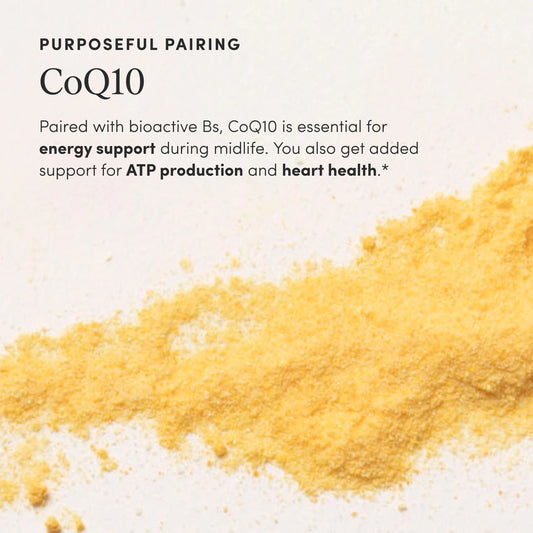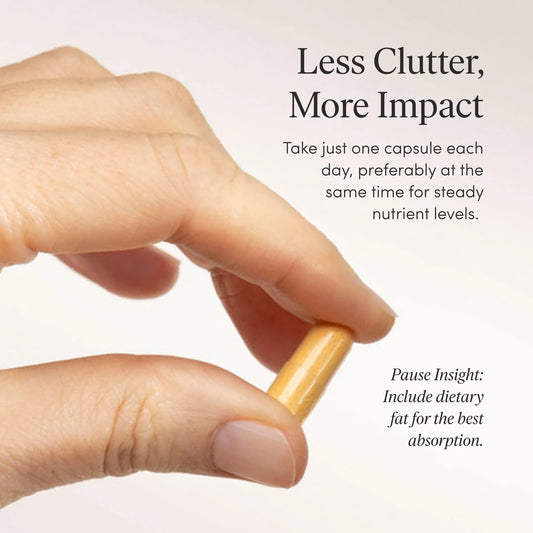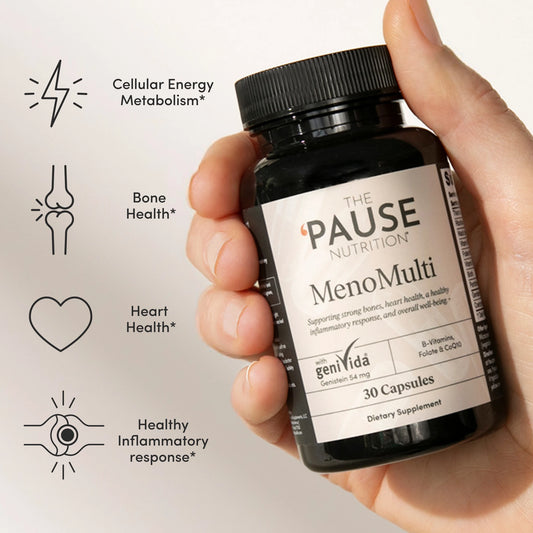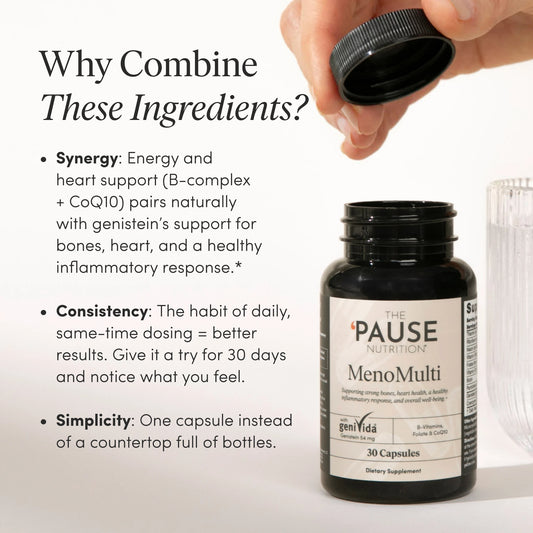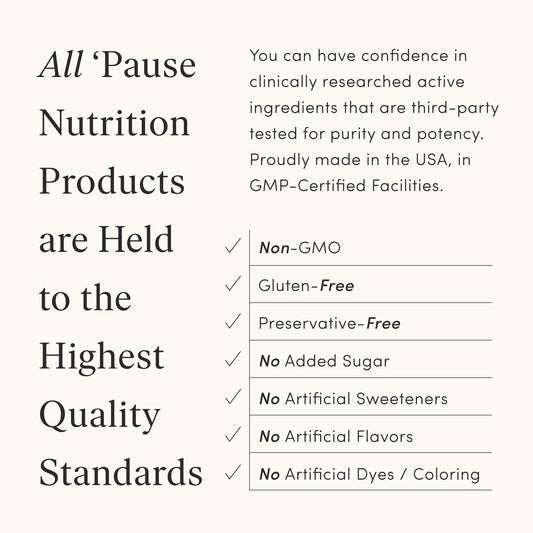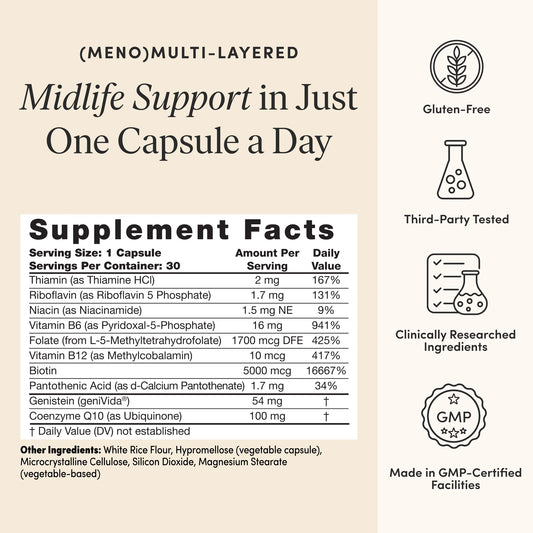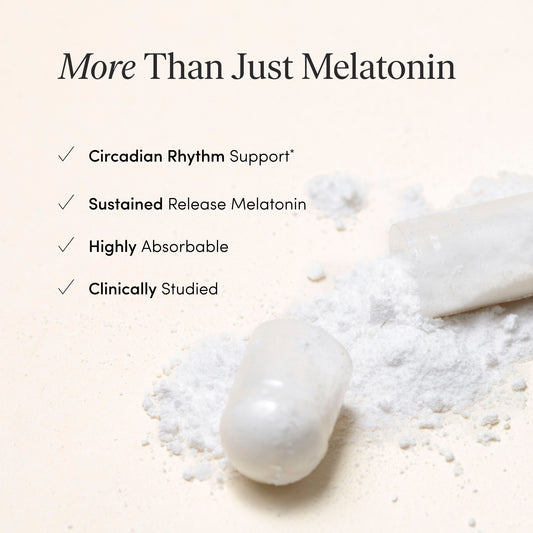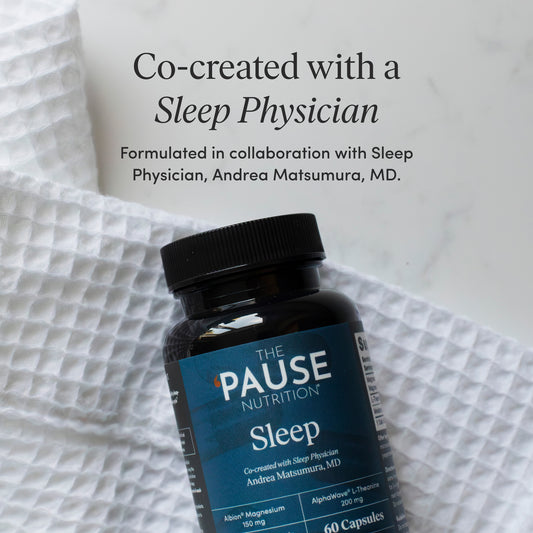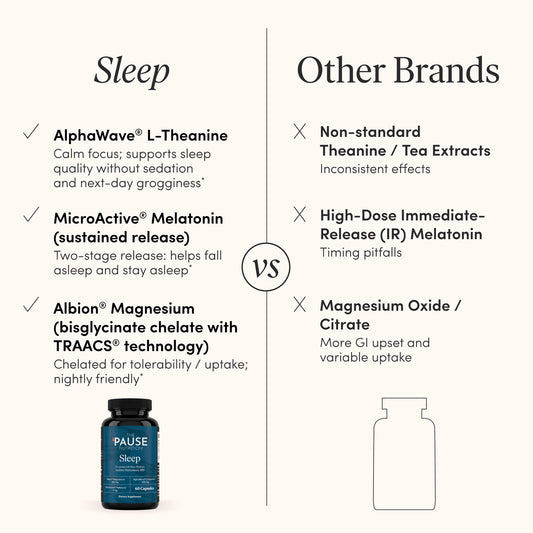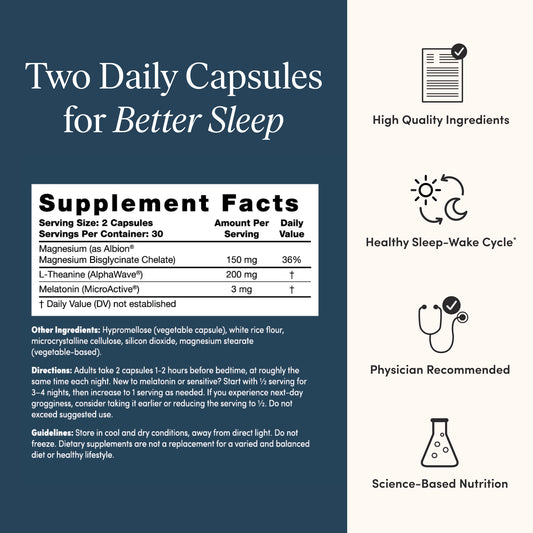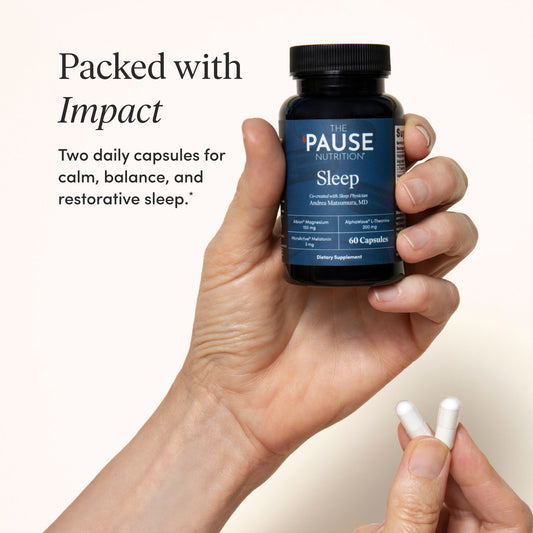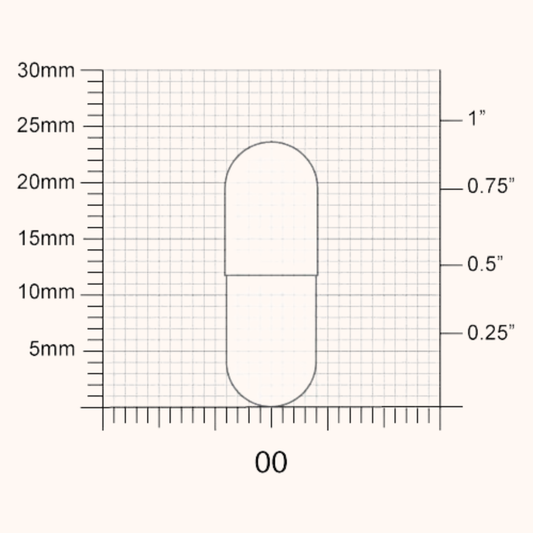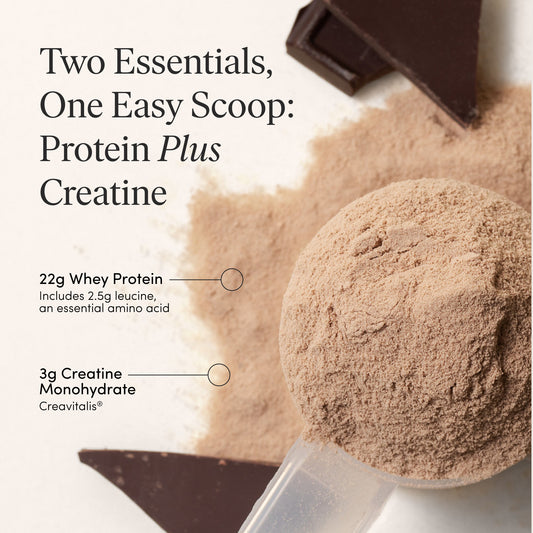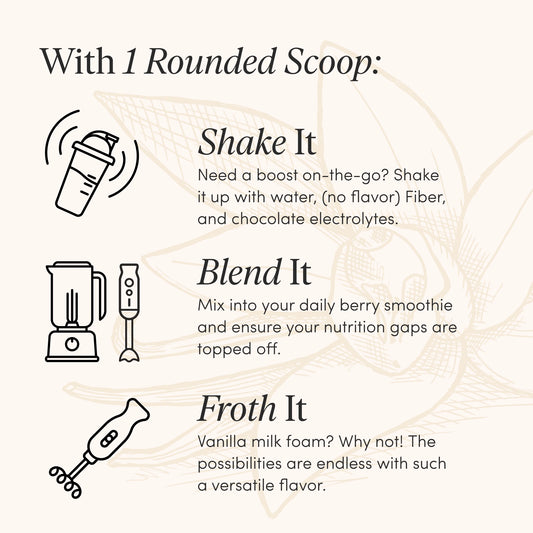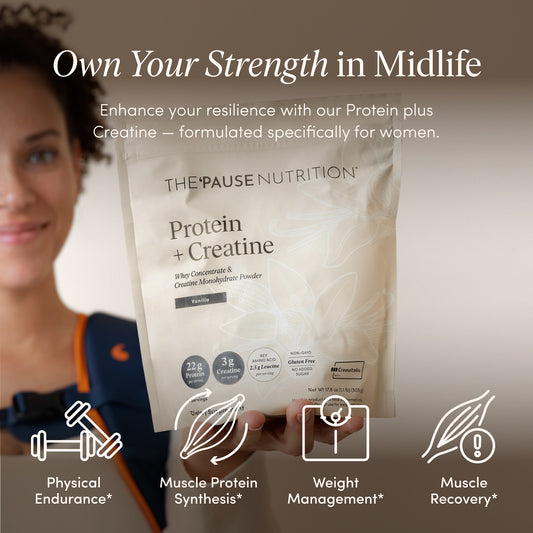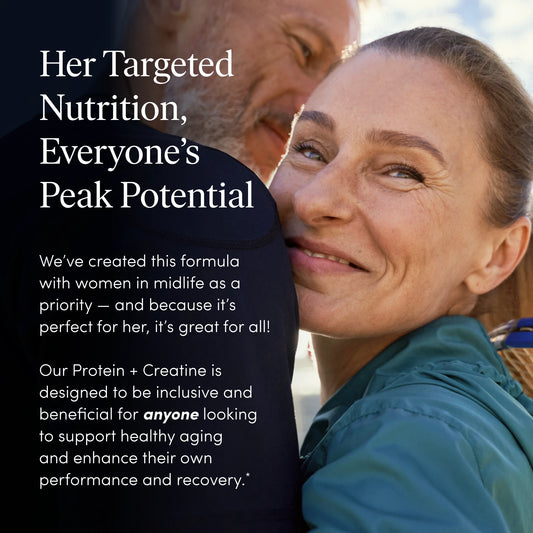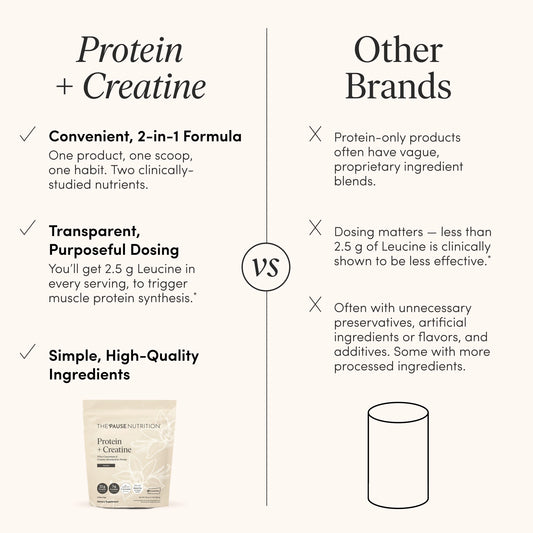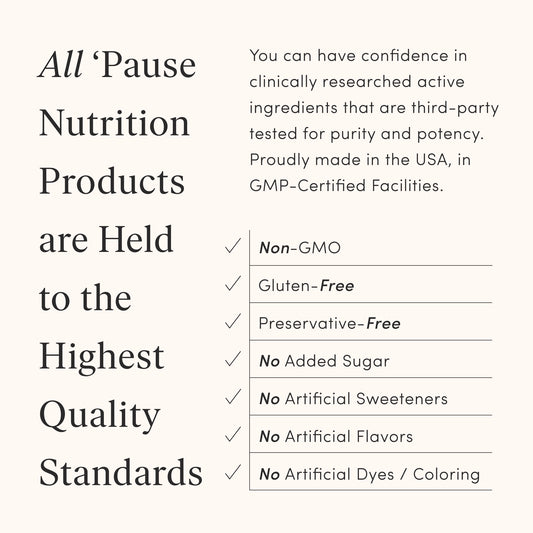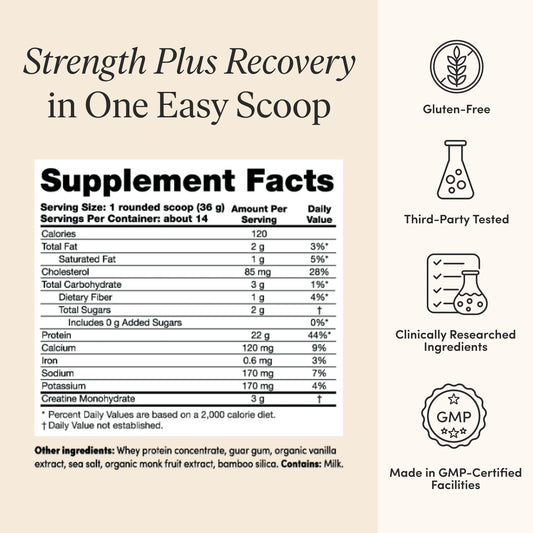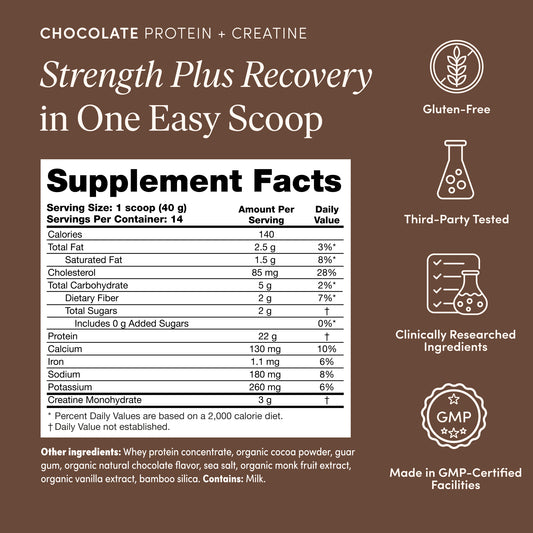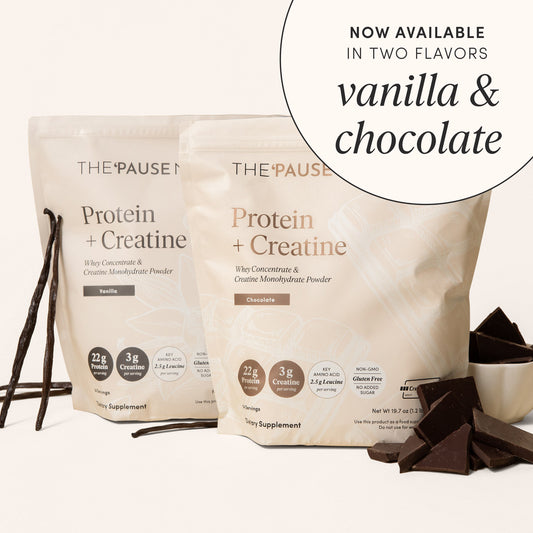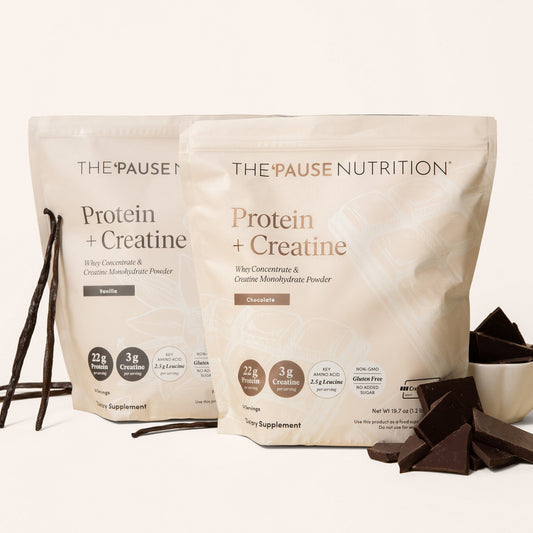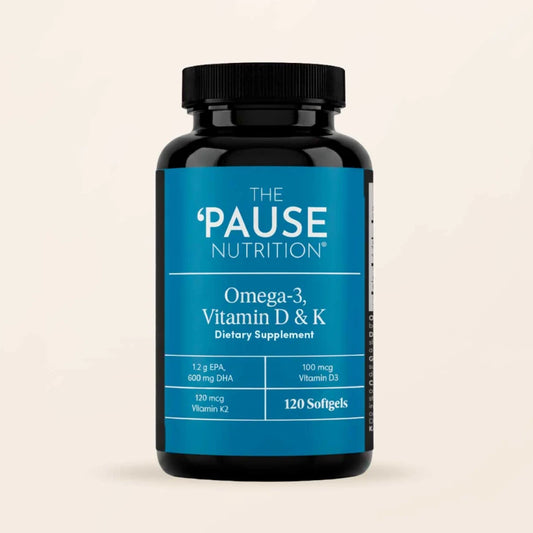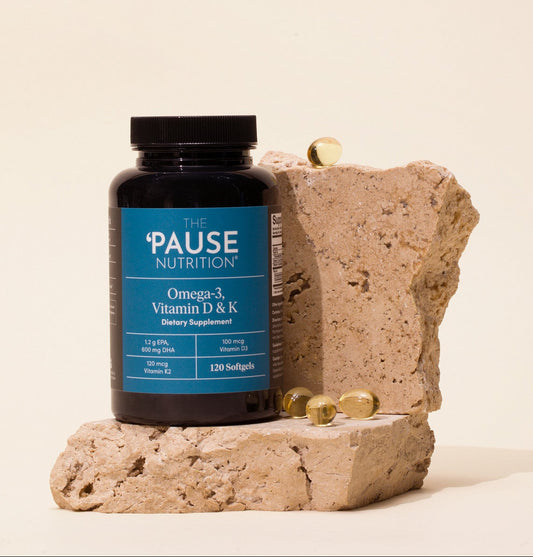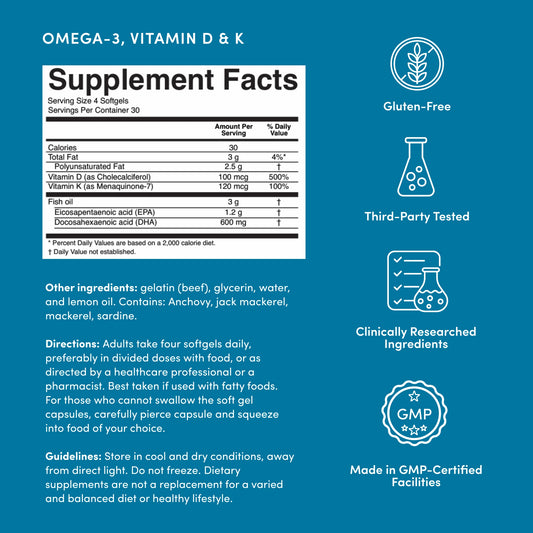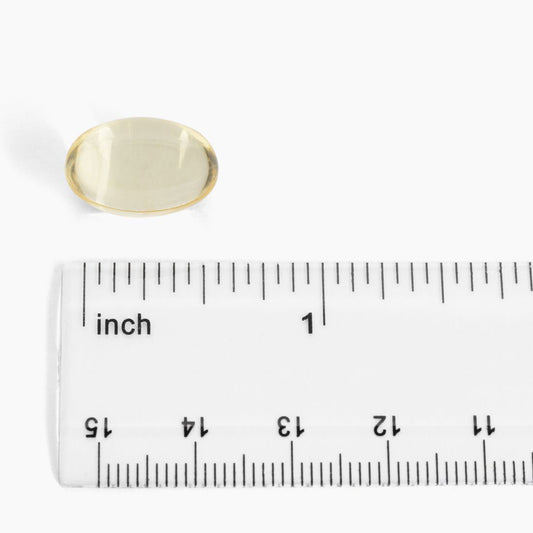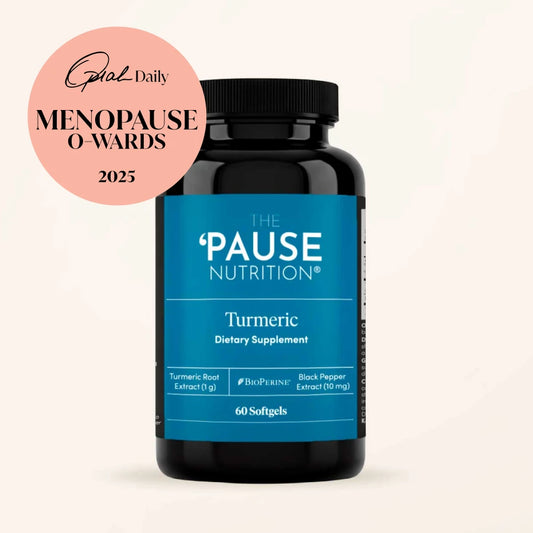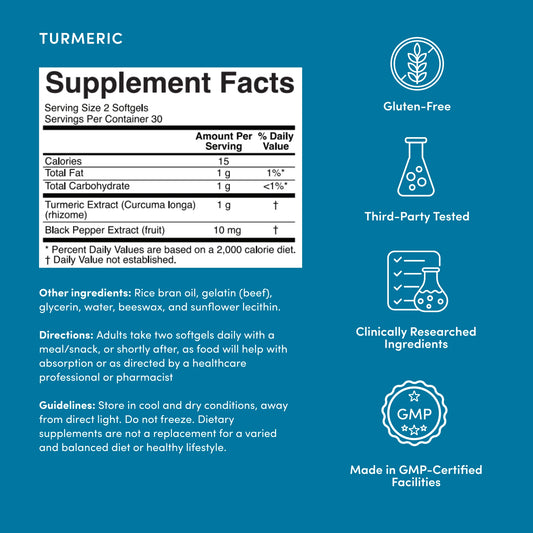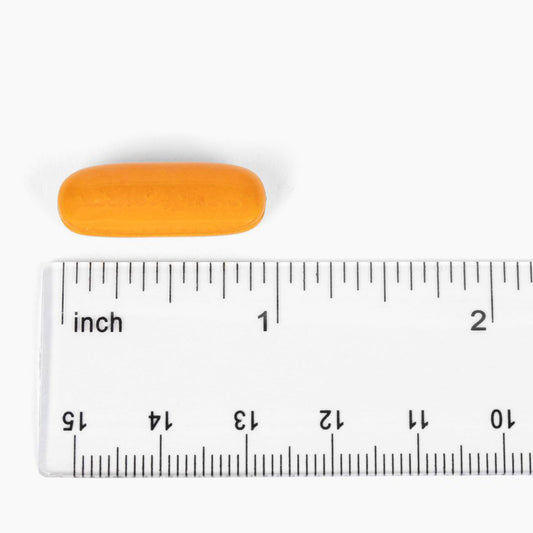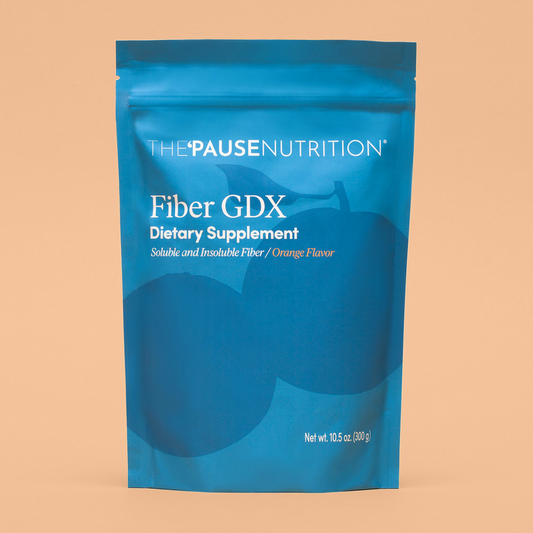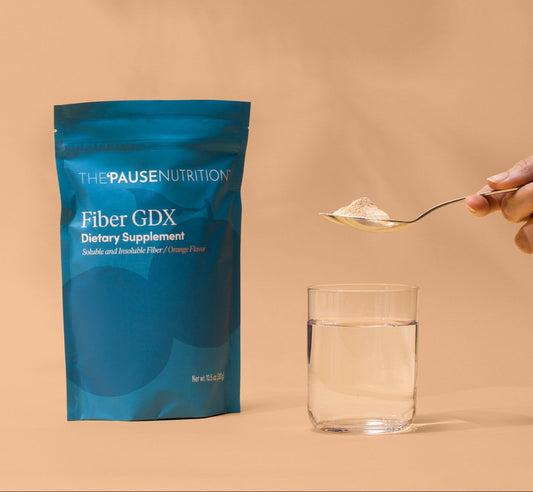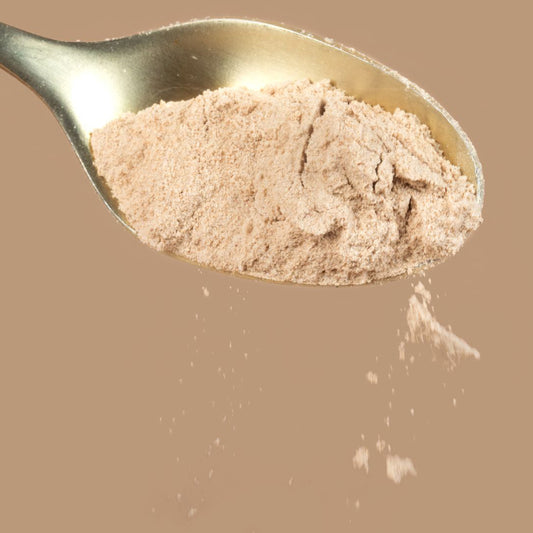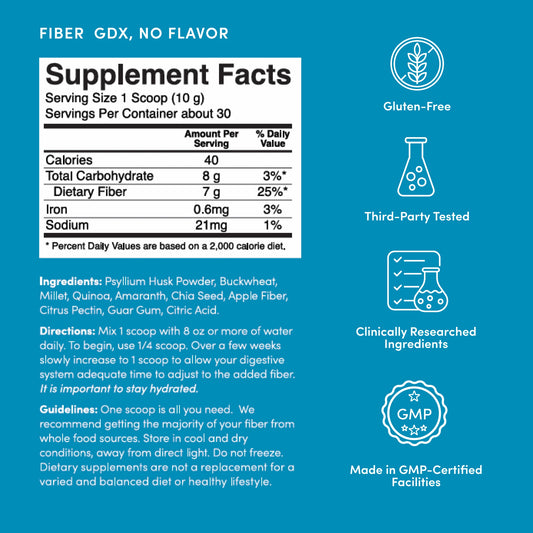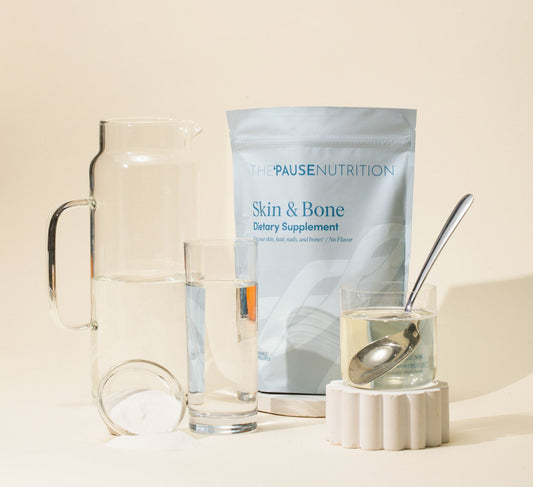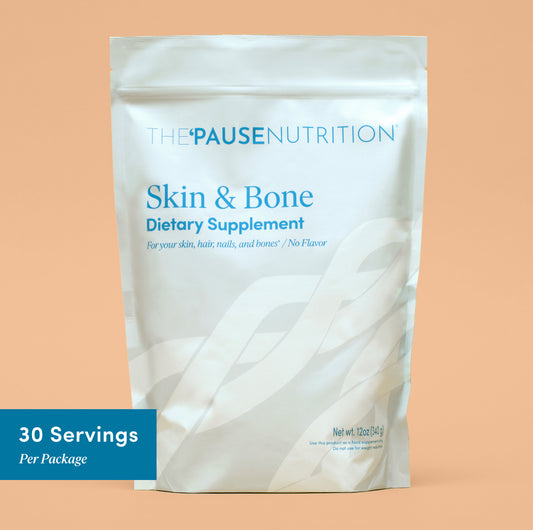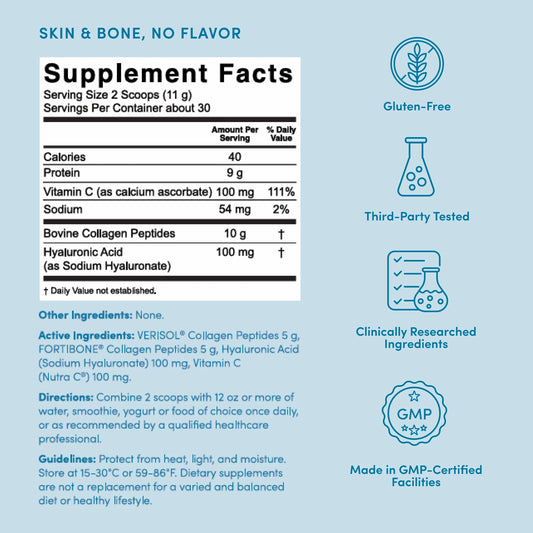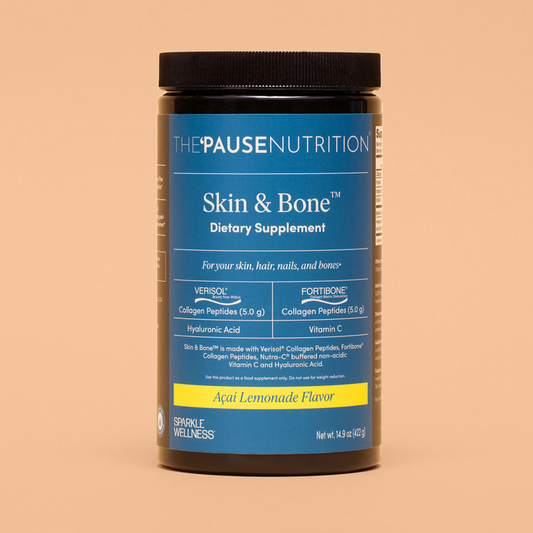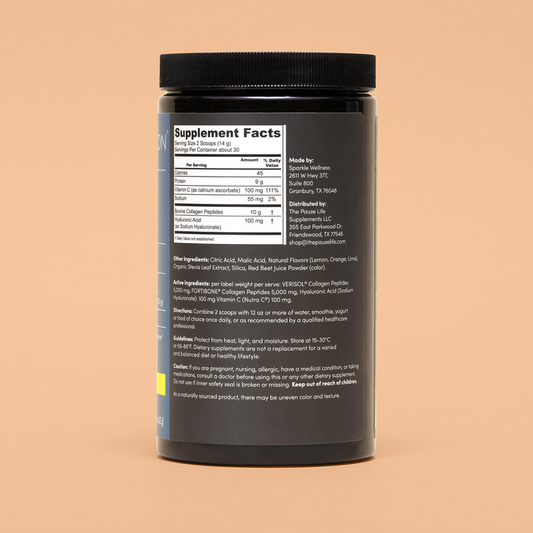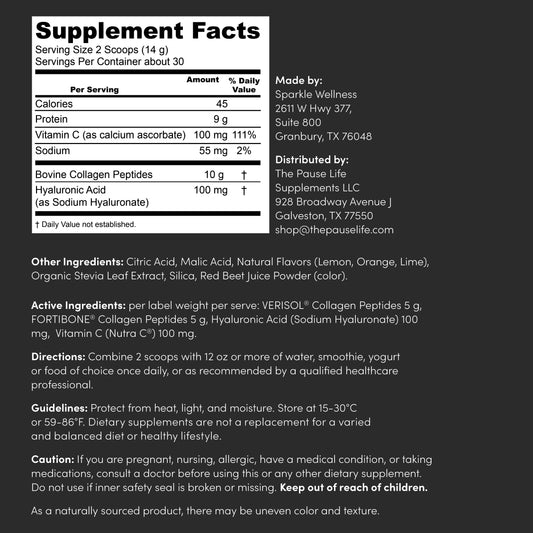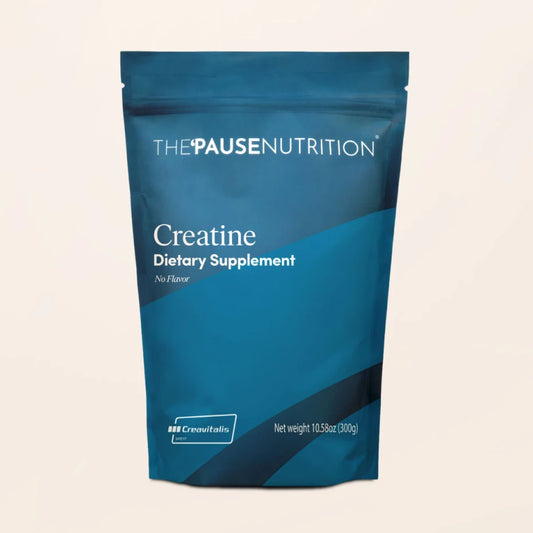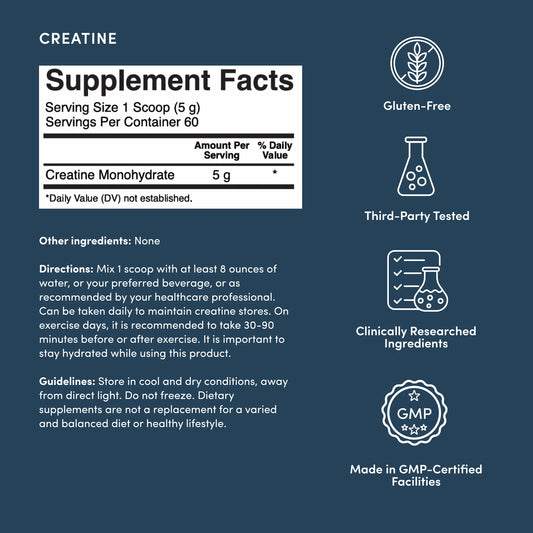Top 10 Tips To Limit Chronic Inflammation

Share
Dr. Mary Claire Haver’s Top Tips For Fighting Chronic Inflammation And Fatigue In Menopause….
Do you feel tired?
Are you experiencing unexpected mood swings and unexplained body composition changes?
All of these symptoms can be linked to aging, menopause and chronic inflammation.
The Good News: A few small swaps in your diet and shifts in your routine may significantly reduce these symptoms.
Chronic inflammation increases with aging and the menopausal hormone changes. Furthermore, research shows that our diets are a significant contributor to chronic inflammation. When you consistently eat pro-inflammatory foods, you are constantly feeding the fire of chronic inflammation.
Chronic inflammation is linked to weight gain, drowsiness, skin problems, mood disruptions, cognitive decline, digestive issues, and a host of diseases, from diabetes to obesity to cancer.
An anti-inflammatory diet removes or limits your body’s exposure to triggering invaders such as preservatives, chemicals, and processed carbohydrates. Instead of highly processed and engineered nutrition, you get back to basics and real food: fruits, veggies, lean protein, healthy fats, and fiber.
My Suggestions To Get You On The Path To Reducing Chronic Inflammation.
- Instead of adding cream, sugar, or artificial sweeteners (all common triggers of chronic inflammation) to your coffee, give black coffee a try. It took me a while to get used to not adding milk to my coffee. Once I found a few coffee blends that weren’t bitter, I became a fan of having a cup of black coffee every morning. On occasion, I will give a splash of almond milk for a dose of creamy texture and healthy fats.
- Shake things up and switch from drinking coffee to drinking tea. Peppermint tea is excellent to perk up your sluggish mornings, and ginger tea is a spicy and delicious drink that can also help to reduce inflammation; both can aid with digestion. If you don’t want to give up the caffeine, green tea is rich in polyphenols which are powerful antioxidants that can help to fight inflammation.
- Thirsty? Here is a game-changer: Instead of soda, try a thirst-quenching infusion of still or sparkling water with lemon and cucumber. Orange slices and mint are other delicious combinations. Each sip of fruit and herb-infused water is like a trip to the spa.
- Many of us are always on the go with busy schedules. You may need healthy grab-and-go snack ideas. Instead of insulin spiking choices like a muffin or toast, try a greek yogurt bowl or smoothie. If you have time for a more leisurely protein-packed option, try scrambled eggs with spinach and tomato.
- When it comes to healthy, anti-inflammatory eating, a key to avoiding stress and managing your time is spending some time preparing some meals or snacks. I can’t emphasize the importance of food prepping enough. It literally changed my life! We rarely make healthy choices when in a rush, tired, or under stress. Knowing what to eat, how much to eat, when to eat, and then preparing your meals is a discipline that pays off and provides a healthy, balanced, anti-inflammatory diet. Meal prep helps you have a few staple foods to prepare and cook ahead in batches, then use in several different ways. Well-balanced doesn’t have to be boring. One hour of food prep on Sunday equals healthy eating all week, and you won’t have to worry about dinner each night. Take a look at some of these food prep ideas from Buzzfeed.
If meal prepping isn’t your thing or you just can’t carve out the time, consider taking advantage of all that Hello Fresh has to offer. With pre-portioned ingredients and easy-to-follow recipes there’s something delicious and satisfying for even the pickiest palate. Fresh, delicious meals, delivered to your door, ensures you’re fueling your body with with the nutrients it needs. With everything you need included, you won't find yourself needing to hit the grocery store for a missing ingredient. You'll save time and money by skipping the take out and the drive thru!
- When I’m feeling worn down and stressed, I fall into the habit of letting meal prep go and grabbing whatever is available like chips, or easy comfort food, like pasta or pizza. To avoid falling back into old habits, I try to start each morning by taking 10 minutes for my version of self-care. For me, that is meditating or taking my dog for a quick walk. It is essentially whatever makes you feel grounded and ready for the day. My morning “me time” helps me focus my day on creating healthy eating habits, recognizing the signs of feeling stressed, and addressing them instead of letting them in the driver’s seat.
- The best of intentions can still end up with us feeling rushed and harried. Keep simple ingredients for grab and go snacks to avoid the vending machines and drive thru windows. Quick and easy staples to have ready and waiting are string cheese, pre-measured nuts, hard boiled eggs, or single serve guacamole or hummus and pre-cut veggies for dipping.
- Work that body! Incorporating a mix of some cardiovascular activity you enjoy, weight or resistance training and yoga or stretching each week will help to manage stress while strengthening your heart, lungs, muscles and bones.
- Avoid consuming caffeine late in the day and reduce or avoid alcohol consumption so that you can proceed to #10!
- Finally, our body needs time to fully rest and repair. We often miss the importance of sleep in how our body functions and no amount of healthy foods, mindfulness practices, or exercise can replace the necessity for its restorative powers. Sleep is where our body regenerates on a cellular level. For instance, human growth hormone is secreted in higher levels during deep sleep, hunger triggering hormones are regulated, and the stress hormone, cortisol, decreases. Lack of sleep can cause weight gain and moodiness and increase the risk of diabetes and autoimmune recurrence. Here are a few tips to optimize your sleep and make your “zzzzz’s” count: Avoid blue light exposure 2 hours before bedtime.
- Turn off your screens and open the pages of a book.
- Make sure your bedroom is at a comfortable, cool temperature.
- Don’t consume caffeine late in the day.
- Make your room dark so your circadian rhythms can get in synch.
- Meditate and remember that a deep breath will slow your pulse.
To optimize a healthy system, several factors work together to keep the body running without the glitches caused by chronic inflammation. None of them alone is a magic bullet, so try adding them in one, by one. Remove the dietary and environmental stressors that initiate inflammation, make simple, healthy food swaps to sustain a happy gut, practice self-care, like meditation, help de-stress by getting your blood pumping through exercise, and make sleeping soundly a priority.
This article contains affiliate links.














